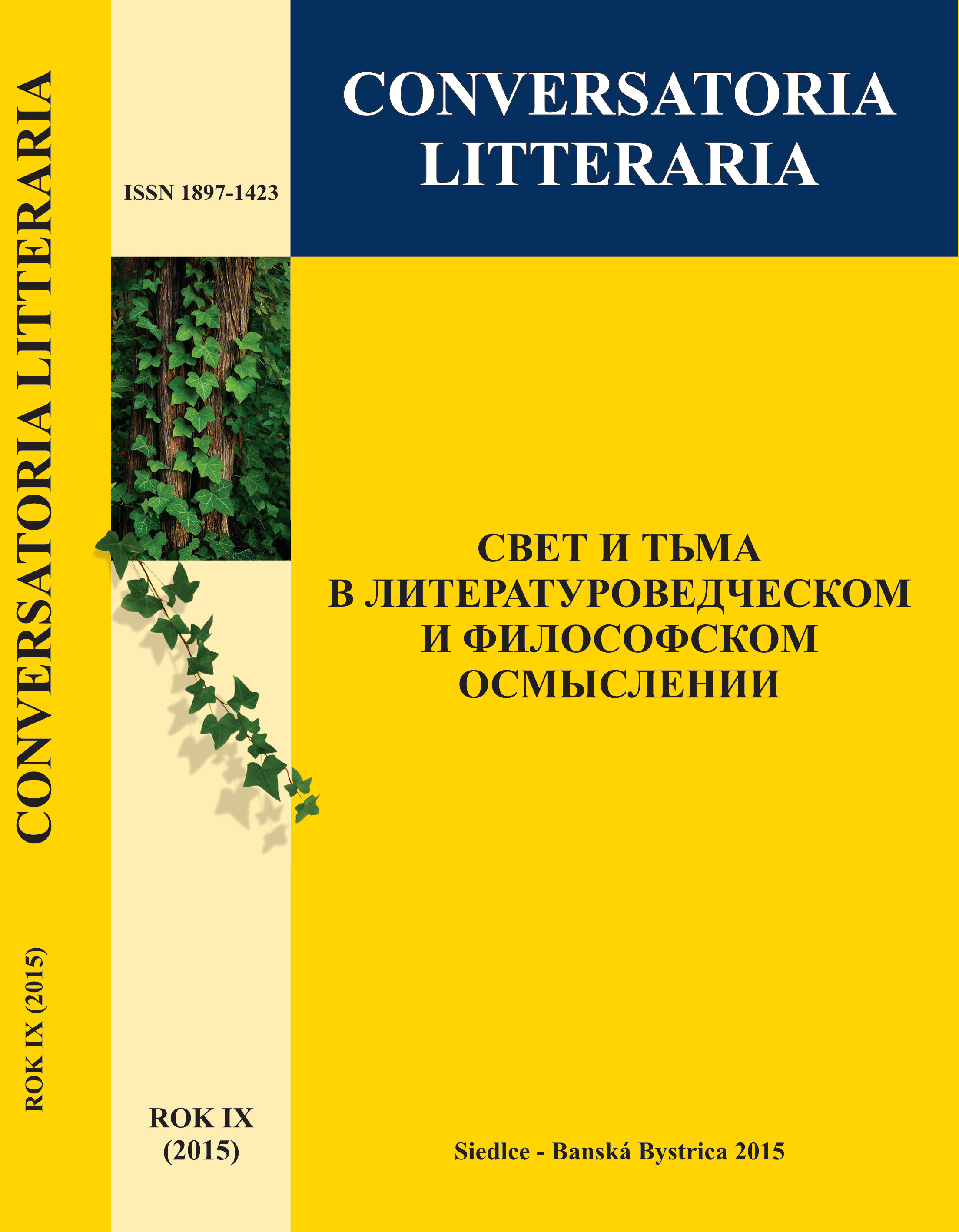The Prose of Early 1970s Through the Lens of Contemporary Literary Science
Abstract
The aim of this paper is two-fold: 1) to inform the reader in detail about the nature of literary life in the early 1970s, when a new, young generation of authors (Dušan Mitana, Dušan Dušek, Ivan Habaj, Milan Zelinka, Alta Vášová, Ľuboš Jurík, Jozef Puškáš et al.) arrived to the Slovak literary scene, and 2) to present discuss Marčok’s literary and historic presentation of this phenomenon (in Dejiny slovenskej literatúry 3). With regard to the first goal, it reflects the specific character of the 1970s, which was primarily determined by politics (the “normalization” of social life after the occupation of Czechoslovakia by the armies of the Warsaw Pact in 1968). The normalization policies made it difficult for the literary critics to focus their attention on the debuting writers. As for the second goal, the essay presents a detailed overview of the relationship between literary science of the time and the pertinent cultural and political demands (the restoration of a “socialist” character in literature). In correlating these cases, the
author aims to objectify the activities of the literary critics (Vladimír Petrík, Ivan Sulík et al.) who tried to present debuting writers without acknowledging their connection to the legacy of artistic innovation left by the young prose of the 60s (which dissociated itself from ideology and the socially formative function of art in socialist society). The critics of the time also tried to ignore the methodological problems arising from attempts to apply the aesthetic of social realism to manifestations of artistic freedom. The paper also draws attention to the literary theorists (Ján Števček and Peter Zajac) and their attempts to perceive the rising generation of the mentioned writers as a manifestation of the unique developmental logic of Slovak post-war literature, where landmarks of literary history are nearly or completely congruent with the landmarks of political history.




